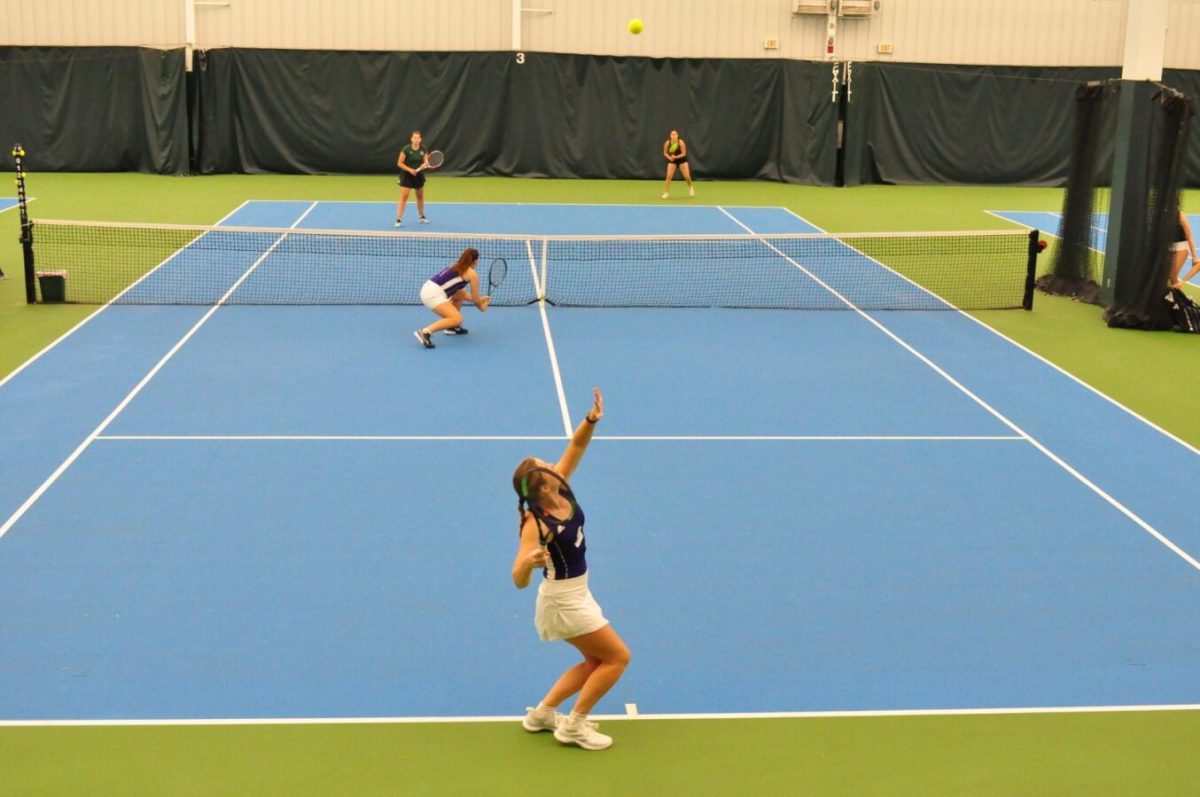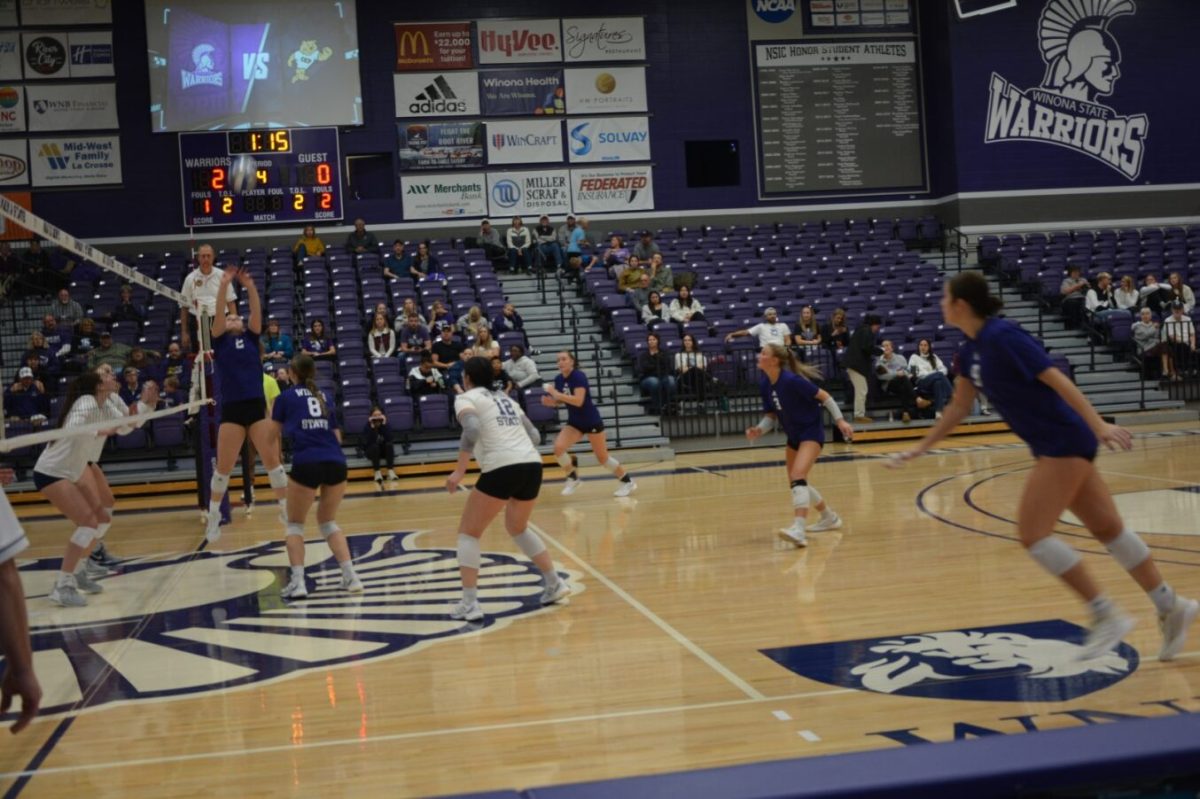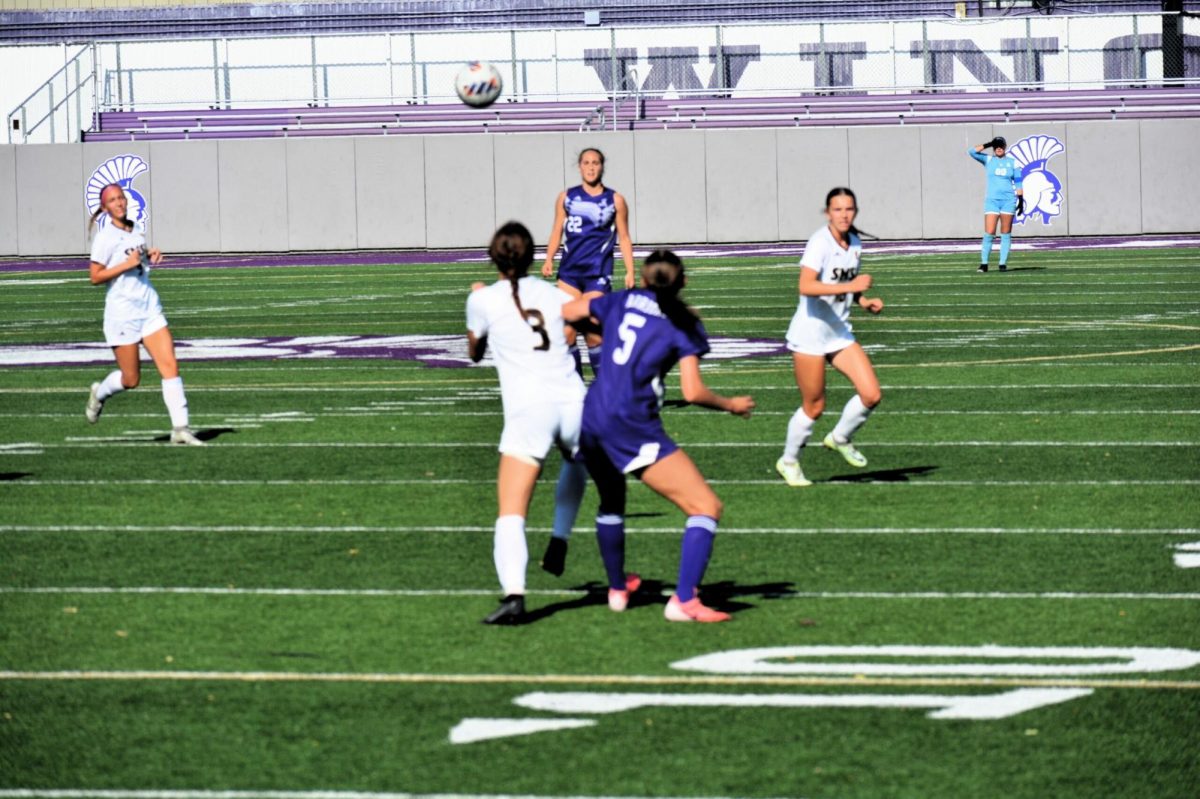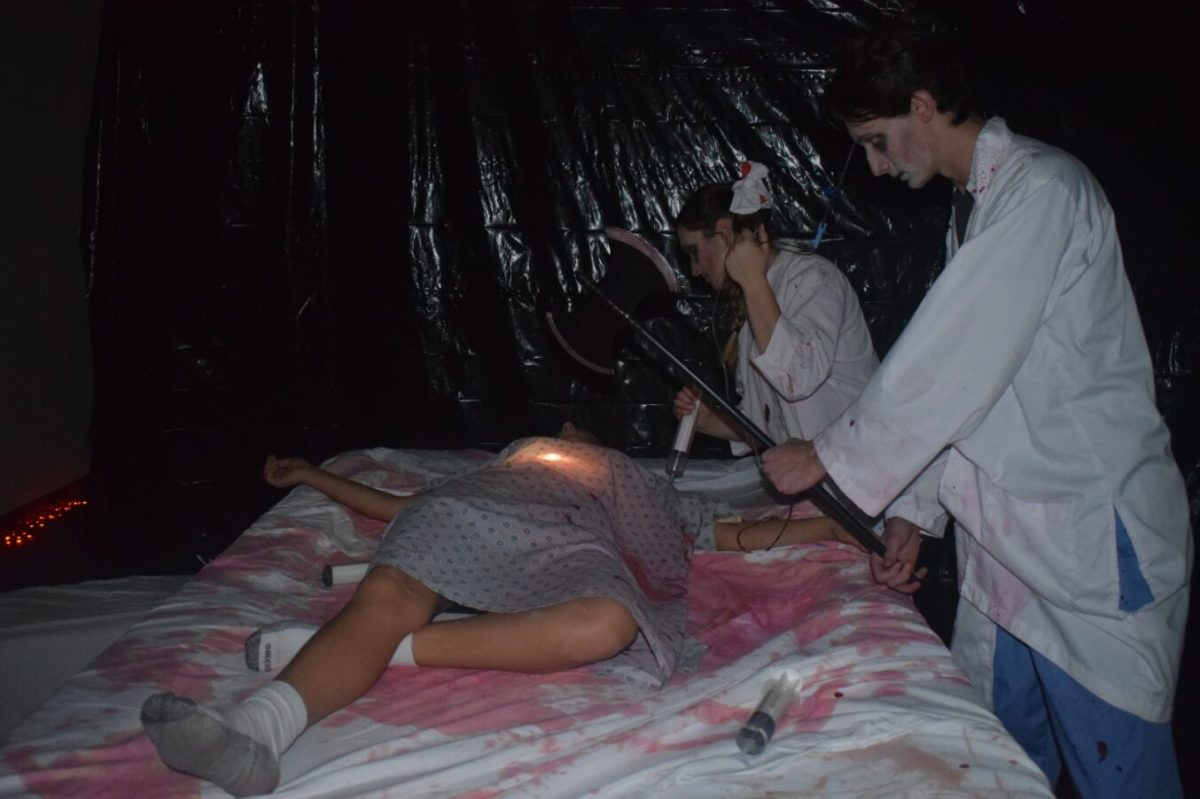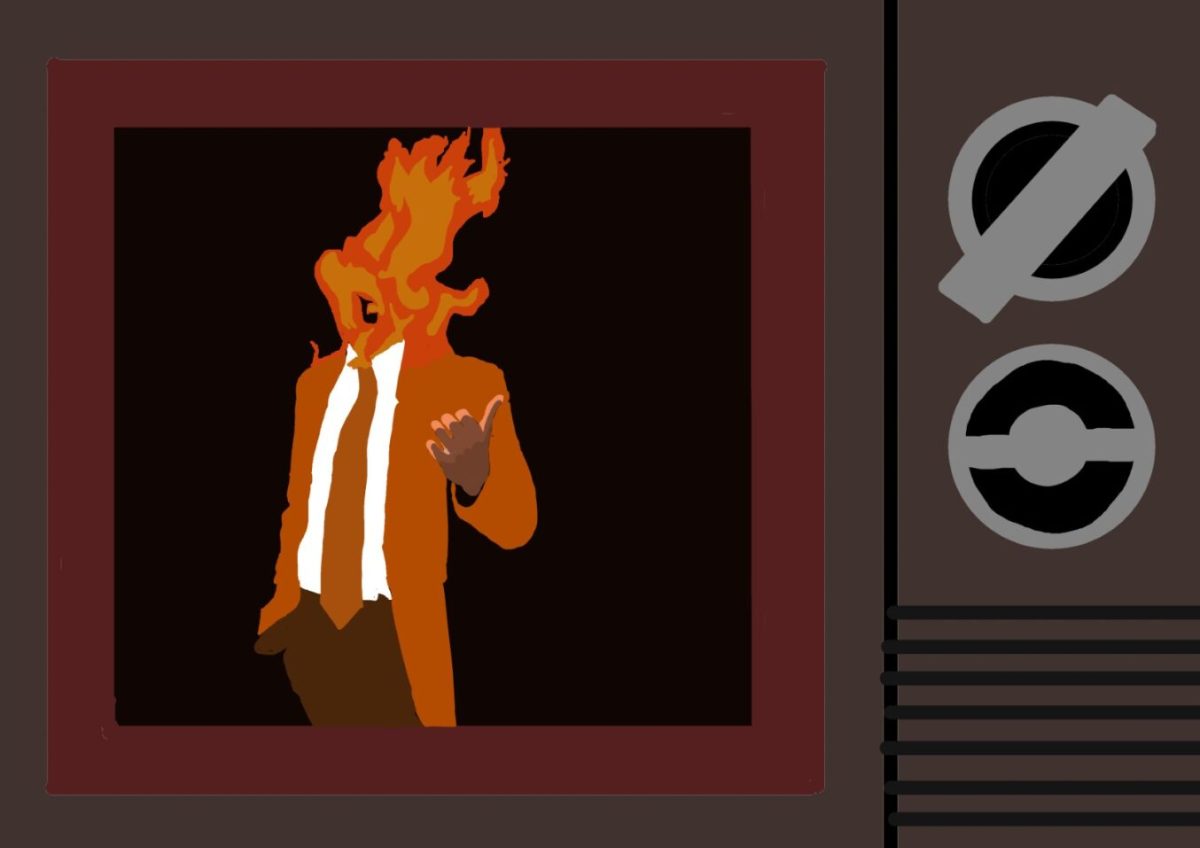Sara Tiradossi / Winonan
A student health survey taken last year reported 21 percent of Winona State University students have experienced the death of someone close to them in the last year.
In a confidential and small setting, Winona State University will offer a grief support group for students to talk about their losses.
“A lot of students who come to grief groups have lost a parent, some have lost a sibling; many have lost a friend or a significant other,” Eunie Alsaker, associate counselor at Winona State said.
Every year Alsaker is in charge of the five-week program, presented by Winona State’s counseling services.
“We are offering a support group for students who have lost someone they love,” Alsaker said. “The groups are fairly casual; they’re mostly for students to get support from each other.”
Alsaker said social support is one the most important things to help students connect with each other. Even if talking about grief does not make it go away, it can reduce the weight each person has to carry on their shoulders.
Alsaker said the sessions support students by covering how to take care of themselves, explaining some of the myths of grief, living with difficult emotions and difficult memories while looking at personal strengths, and how to cope with them. The sessions also include ways to lessen anxiety and fear, ways to be more effective with studying when distracted by that pain and ways to face the challenges of each week, she said.
“There’s a lot of misconception about grief. There’s the belief that people can quickly get over grief,” Alsaker said. “Well that’s not true, it’s a very slow process, and grief doesn’t go away. The intense pain goes away, but you are always going to miss that person.”
Alsaker said the counseling services want students to know there are many people on campus who care about their stories and want to support them. Individual counseling is always available in addition to grief groups.
According to Alsaker, grief impacts people on an physical, emotional and spiritual level. It can impact a person’s ability to think and concentrate, she said, and it presents many challenges in an academic setting.
“It can be hard to be academically sharp when you’ve experienced a loss,” Alsaker said. “Grief is exhausting, so it can be hard to get that energy and motivation.”
Since students only have 16 weeks to prove they have learned the material, if they have experienced a dramatic loss, Alsaker said it could be extremely damaging for them.
“Grief is hard any time of our life, but there are some unique challenges if you lose someone during your college years, especially when you’re away from your home and family and you don’t have that support,” Alsaker said.
Students who have lost someone close to them tend to forget their priorities and isolate themselves, she said.
The grief sessions consist of around six students who attend, as a lot of people are hesitant to participate because they feel intimidated to open up and talk about their experience, according to Alsaker.
“The primary intent of the group is for students to realize that they’re not alone,” Alsaker said. “Grief can be isolating, but there are other students who have also experienced a loss. So the main intent is for them to feel less alone.”
There is nothing that can take away grief, but some things can make it easier to live with, she said.
“Students should know that they can hold their pain in a different way,” Alsaker said. “They can learn to live with loss in a way that they can continue to be regular students and still be able to connect with other people.”







